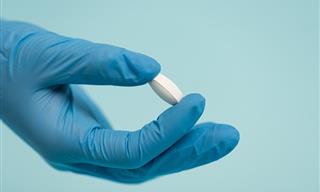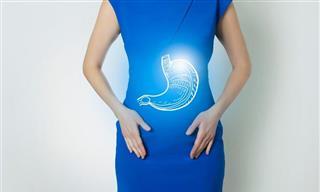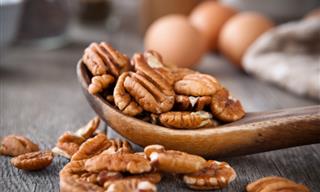1. Improves Heart Health

Beans are rich in water-soluble vitamins, such as thiamine, niacin, riboflavin, and folacin. Folate is vital for lowering homocysteine concentrations, and without enough folate in your diet, your homocysteine level increases and can damage your heart and blood vessels. Besides folate, beans also contain a high amount of calcium, potassium, and magnesium, all of which are healthy minerals and electrolytes, which when combined, can help to minimize the risk of heart disease and high blood pressure.
2. They’re Full of Fiber
Fiber helps to make you feel full so that you don’t have to eat as much during the day. It’s also one of the most important nutrients in a person’s diet as it helps to keep our digestive system operating properly, while also being great for heart health too. Bean varieties, such as pinto, kidney, and black are just a few examples of beans that are extremely rich in fiber.
Besides keeping you feeling fuller for longer, the high-fiber content in beans also helps to absorb cholesterol in your digestive tract before your body can absorb it. This means that the more beans you eat, the lower your cholesterol levels will be. Eating beans three to four times a week can greatly improve your blood pressure, reducing your risk of heart disease.
3. Regulates Blood Sugar Level
If you’re in danger of developing diabetes (or are already diabetic), you’ll be happy to hear that beans have a low glycemic index. This means that they won’t cause your blood sugar levels to spike the way that refined grain products can.
4. May Prevent Cancer
Beans are full of antioxidants, which help to protect the body against free radicals that could result in cancer. A study that was published in The Journal of Cancer Research found that women who ate four servings of beans a week had a lower chance of colorectal polyps, a precursor to rectal and colon cancer.
5. Reduce Iron Deficiency
Iron deficiency is one of the most common deficiencies in people and the leading cause of anemia. Beans are full of iron, so can help those who are suffering from this condition. For example, half a cup of lentils contains around 3.3 mg of iron.
6. Punch of Protein
A half a cup of beans contains around 7 grams of protein, the same amount as in one ounce of meat, chicken, or fish. Vegans can easily count on beans as an excellent source of protein.
7. Improves Eye Health

In terms of eye health benefits, so many beans contain vitamin A, zinc, and bioflavonoids. Zinc is a vision supporting nutrient that greatly improves eye health. Its main role is to convert beta-carotene into vitamin A in a form that’s usable by the visual system and the body. The bioflavonoids present in beans help to improve eye health by neutralizing the free radicals that damage healthy eye cells.
8. Low in Fat
Most beans contain around 2-3% fat and contain zero cholesterol unless they’re processed or prepared with other fatty ingredients such as lard. To avoid buying fatty beans, it’s best to read the labels thoroughly before buying.
9. Reduces Depression
Meeting daily folate needs may help people cope with depression better. An adequate consumption of folate can prevent a boost in homocysteine production in your body. Too much of this hormone can decrease your blood flow and other key nutrients from traveling to the brain, which in turn can disrupt the production of serotonin, dopamine, and norepinephrine, which regulate sleep, mood, and appetite.
Source: naturalfoodseries
Images: depositphotos
 Go to BabaMail
Go to BabaMail


























